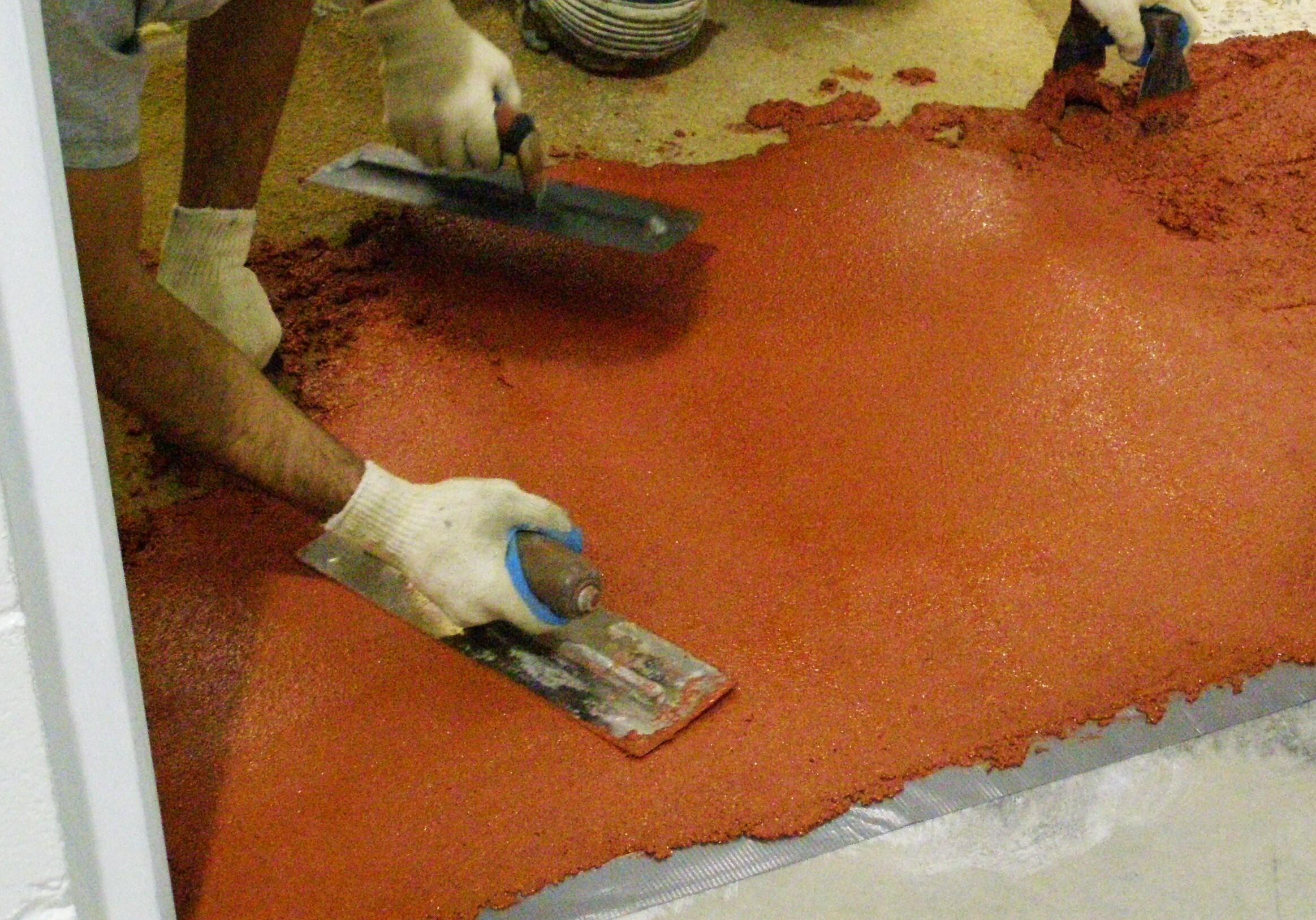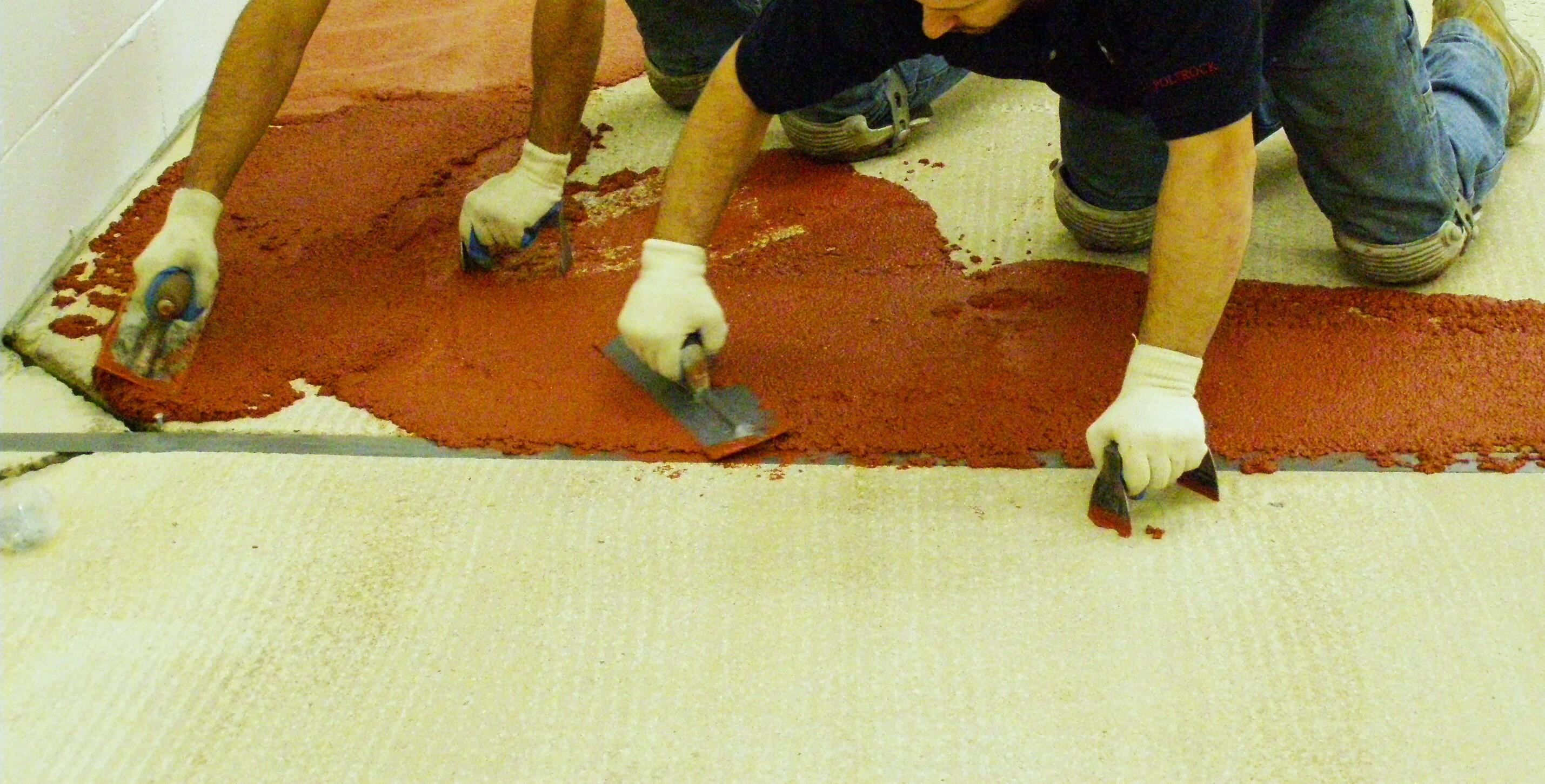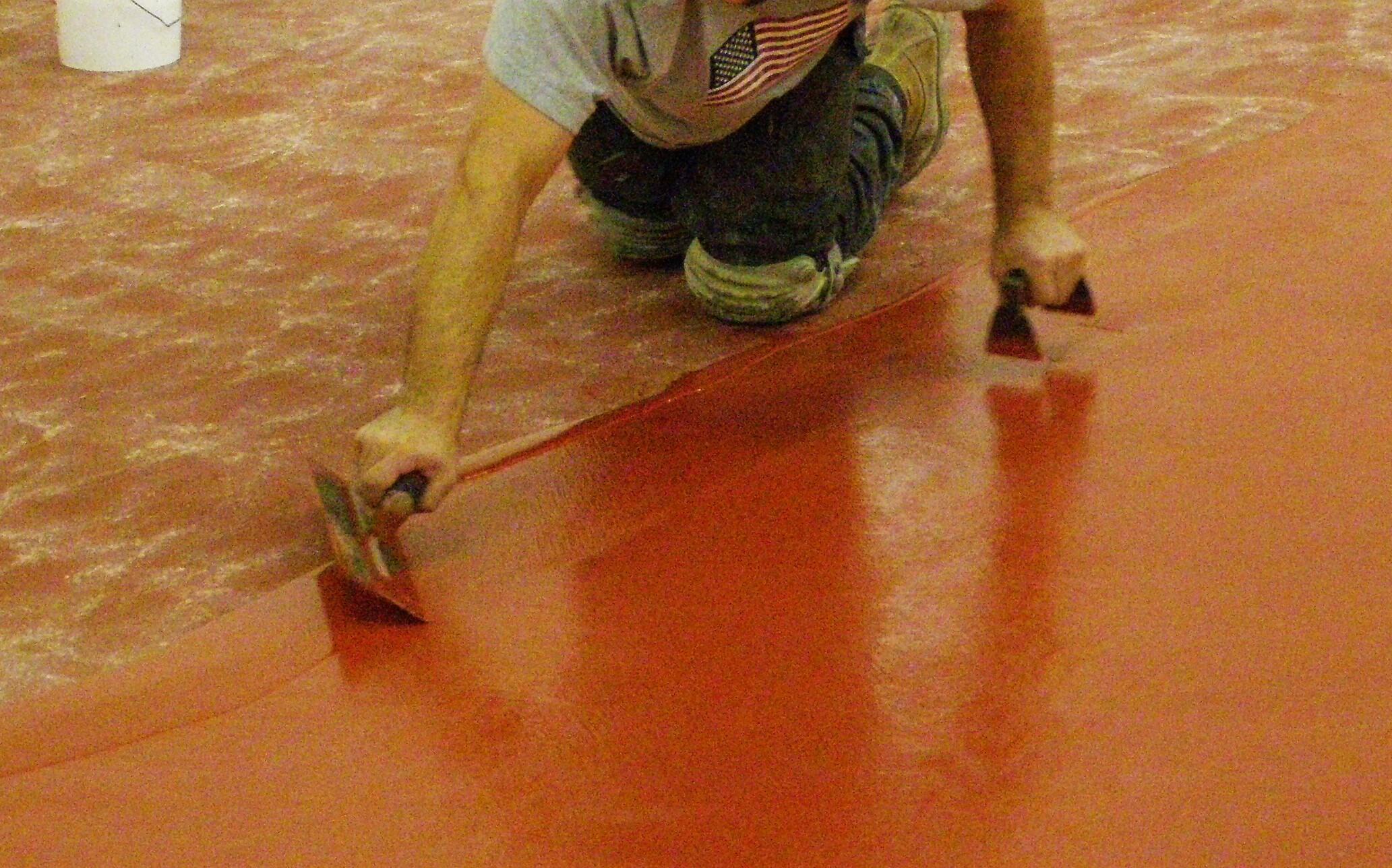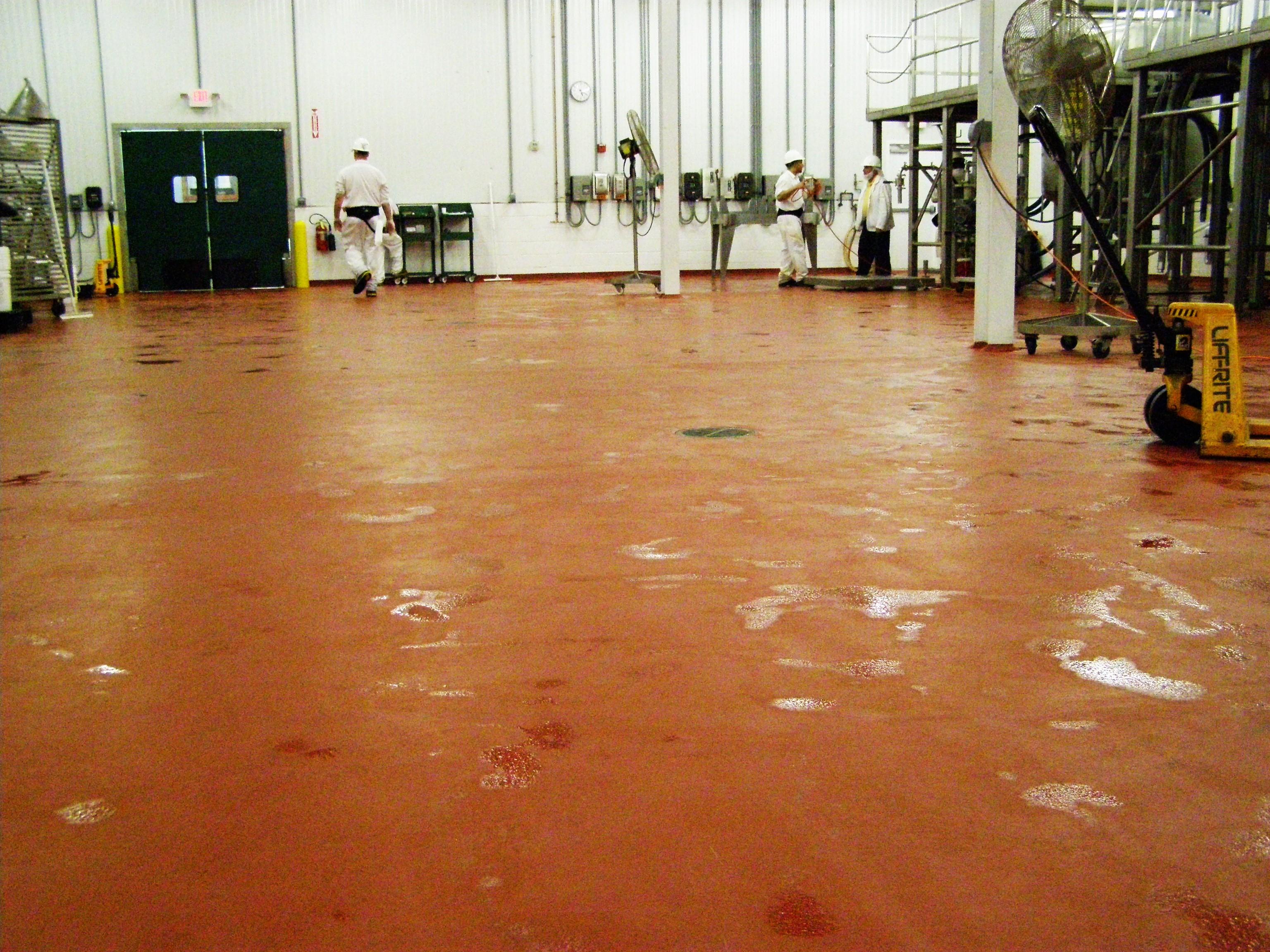Urethane Cement Floors: The Key to Safety & Durability
Introduction
Food processing plants require floors that can handle constant exposure to moisture and aggressive cleaning agents. To ensure safety, it’s crucial to prevent slip and fall accidents with the right flooring solution.
Why Anti-Slip Coatings Matter in Food Processing Plants
In high-traffic environments like food processing plants, wet floors are common. This creates an unsafe environment where employees are at risk of slipping. Applying a reliable anti-slip coating is essential for maintaining safety.
Introducing Mortarthane HF™: A Game-Changer for Food Processing Floors
MORTARTHANE™ HF is a specialized urethane cement floor resurfacer. Unlike traditional coatings with matte finishes, Mortarthane™ HF offers a semi-gloss appearance while providing superior durability. It withstands the harsh conditions of chemical exposure and thermal shocks, making it ideal for demanding food processing environments.


The Benefits of Mortarthane™ HF
- Chemical and Thermal Shock Resistance: Designed to endure aggressive cleaning agents and temperature fluctuations.
- Improved Abrasion Resistance: Protects floors from wear and tear, ensuring a longer-lasting surface.
- Easier Surface Cleaning: Its semi-gloss finish allows for quicker and more efficient cleaning, promoting hygiene.
Applying Pourable Resurfacer
For a smooth yet durable finish, apply MORATRTHANE™ SL, which is an anti-slip, pourable urethane cement patch and resurfacer that ensures protection against heat and chemicals. This step is optional.


Ensuring Long-Term Safety and Durability
By using MORTARTHANE™ HF and an optional MORATRTHANE™ SL, food processing plants can create safer, more durable, and easier-to-maintain floors that reduce the risk of slip and fall incidents.
The Results:

See MORTARTHANE™ HF and MORTARTHANE™ SL in action.
FAQS for Urethane Cement Coatings and Resurfacers
FAQ 1: What is Urethane Cement?
Urethane cement is a high-performance flooring system made by combining urethane resins with Portland cement and other aggregates. This creates a durable, chemical-resistant, and thermal shock-resistant floor coating designed for harsh industrial and commercial environments. Urethane cement floors are also moisture-tolerant and can be applied over damp concrete, making them a top choice for facilities with frequent washdowns or extreme temperature changes.
FAQ 2: What is the Difference Between Epoxy and Urethane?
While both epoxy and urethane are popular resin-based flooring systems, they serve different purposes. Epoxy coatings provide strong adhesion, abrasion resistance, and chemical protection. However, they are more rigid and less tolerant to heat or moisture. Urethane cement, on the other hand, offers superior thermal shock resistance, better tolerance to moisture, and greater flexibility, making it ideal for wet, high-temperature, or food-grade environments. Use epoxy for durability and aesthetics in dry areas. Choose urethane cement for heavy-duty, temperature-variable, or wet environments.
FAQ 3: How Long Do Urethane Cement Floor Coatings Last?
Urethane cement flooring systems typically last 10 to 20 years or more, depending on the environment, traffic load, and maintenance. In high-traffic industrial settings, their life span can still reach over a decade, thanks to their superior durability and resistance to chemicals, abrasion, and thermal shock. Proper surface preparation and professional installation significantly extend the lifespan of urethane cement floors.
FAQ 4: What Types of Areas is Urethane Cement Used In?
Urethane cement is ideal for environments that demand exceptional durability, chemical resistance, and temperature tolerance. Common areas include food & beverage processing plants, commercial kitchens, pharmaceutical manufacturing facilities, breweries and distilleries, cold storage warehouses, dairies and meat processing facilities. It performs exceptionally well in wet, hot, sanitized, or chemically-exposed areas.
FAQ 5: Can Urethane Cement Be Used in Industrial and Commercial Spaces?
Absolutely. Urethane cement is specifically engineered for industrial and commercial spaces that face harsh conditions. Its durability under mechanical stress, chemical exposure, and thermal cycling makes it a preferred flooring solution.
Not sure which repair products are right for you? Contact our team today.
